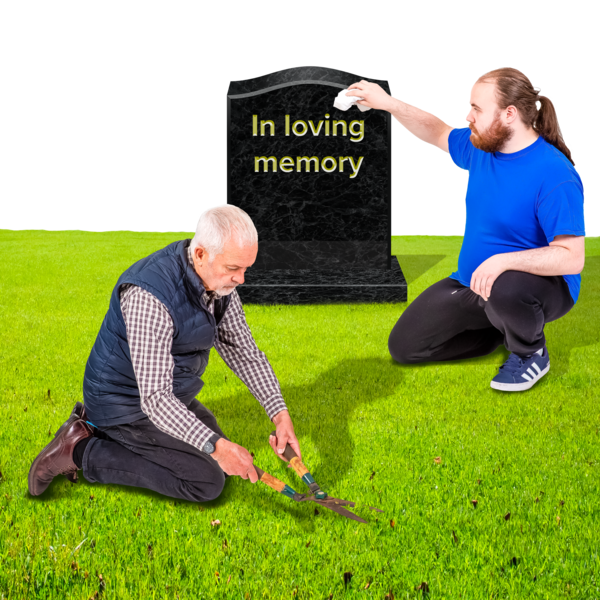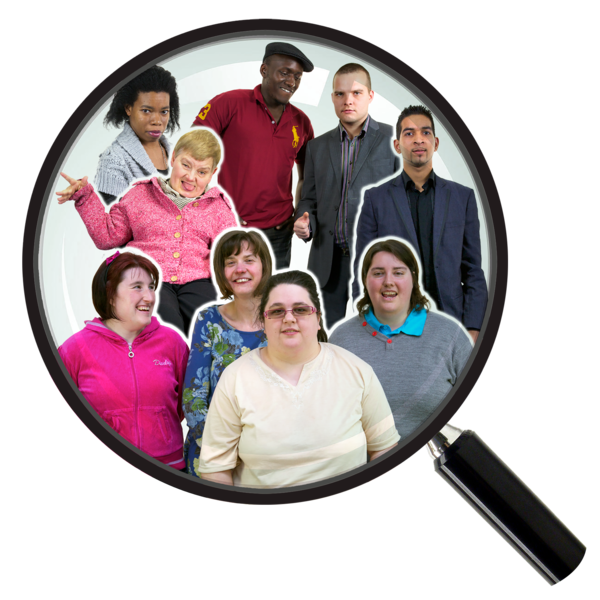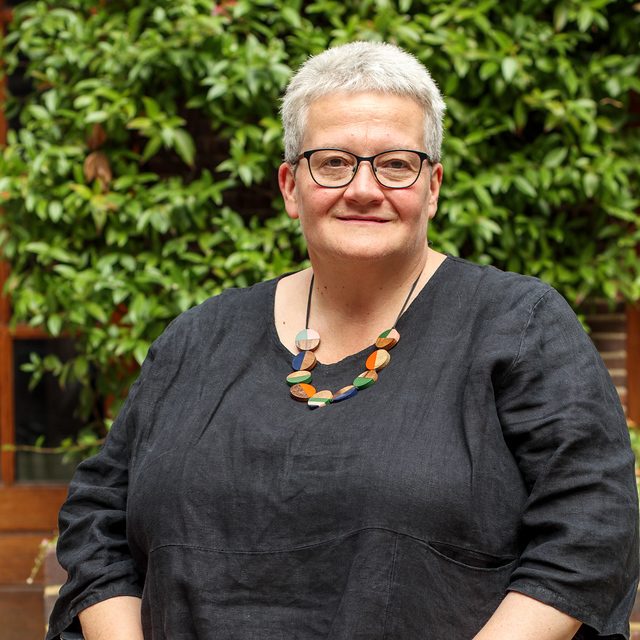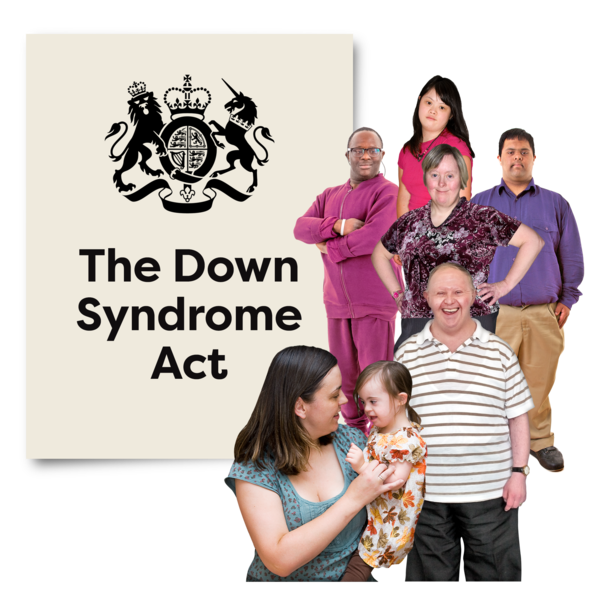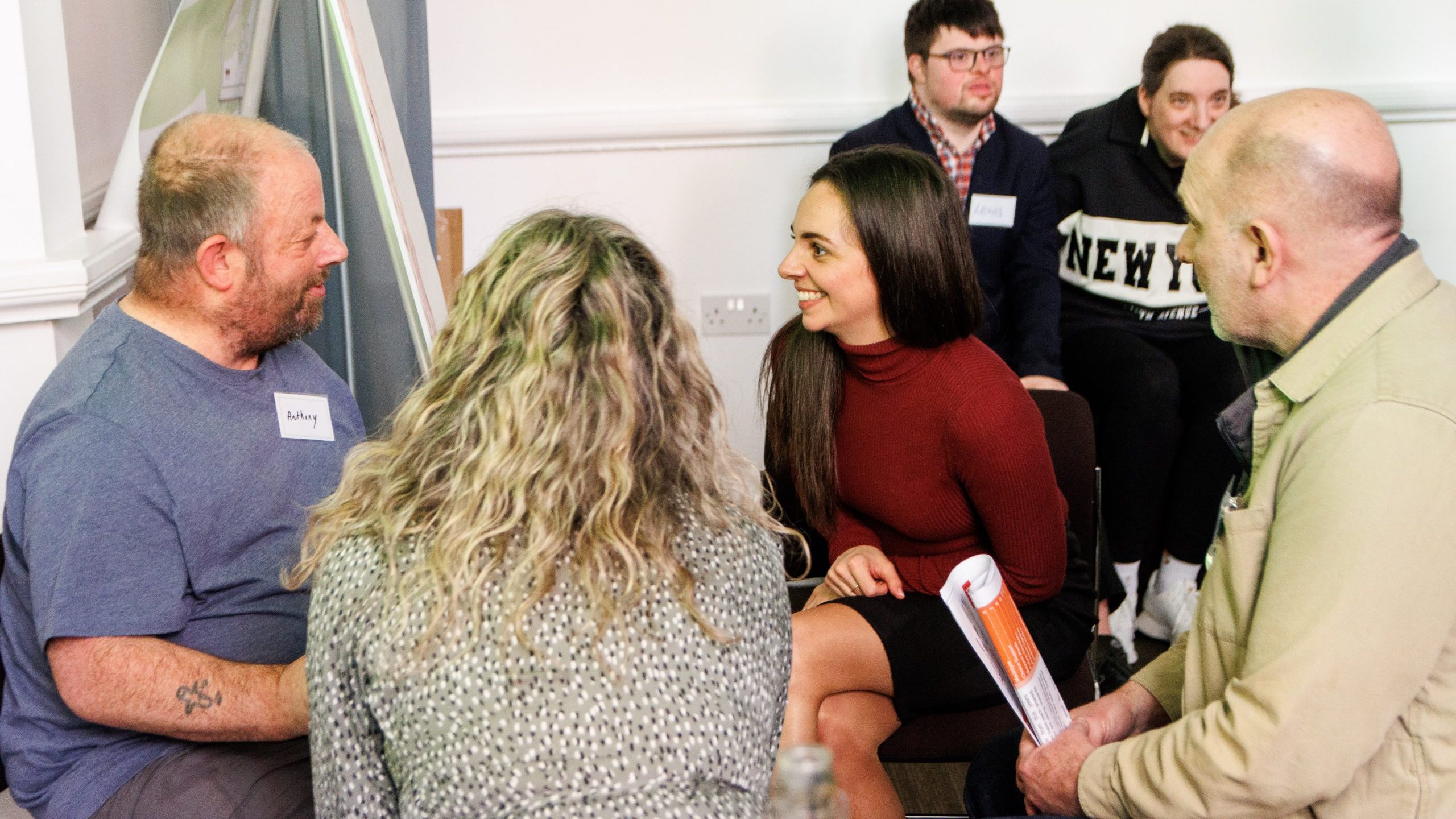“We need to be confident that fewer people will die in the future because of work that is happening today”

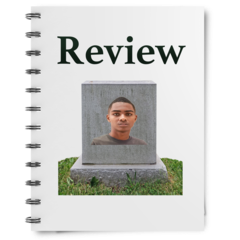
The LeDeR report has now been published after being delayed and withdrawn in December.

LeDeR could lead to real change. That is why representatives from Learning Disability England wrote to NHS England and the Minister, Dr Ahmed MP when the report was withdrawn.

As reps said at the time, “The reports are not just numbers or statistics. They are about real people who have died, often in ways that didn’t have to happen and every delay has felt like another barrier to change.”

LeDeR exists to help stop avoidable deaths of people with a learning disability and autistic people. It is meant to show where systems are failing, where care is unsafe or unequal, and what needs to change to save lives.
Latest statement from the representative body:
“Getting the report published matters, but it is not enough on its own.
What matters most is that the learning from the report is used to stop the same failings from happening again. We need to be confident that fewer people will die in the future because of action being taken now.
The report shows serious unfairness and problems that are still happening. It shows that people with a learning disability and autistic people are still not getting the same healthcare as others. It shows that people are not always listened to, believed, or valued. None of this is new.
We already know many of the mistakes that are being made. We already know a lot about what needs to change – and in many cases, we have known this for a long time. What has been missing is clear action, taken quickly.
Too often, too much time is spent on writing reports instead of fixing the problems they describe. This can take attention away from what really matters: making sure people are treated fairly, get safe and good healthcare, and are valued as people whose lives matter.
Now the focus must be on doing things differently and acting on what the report tells us.”

